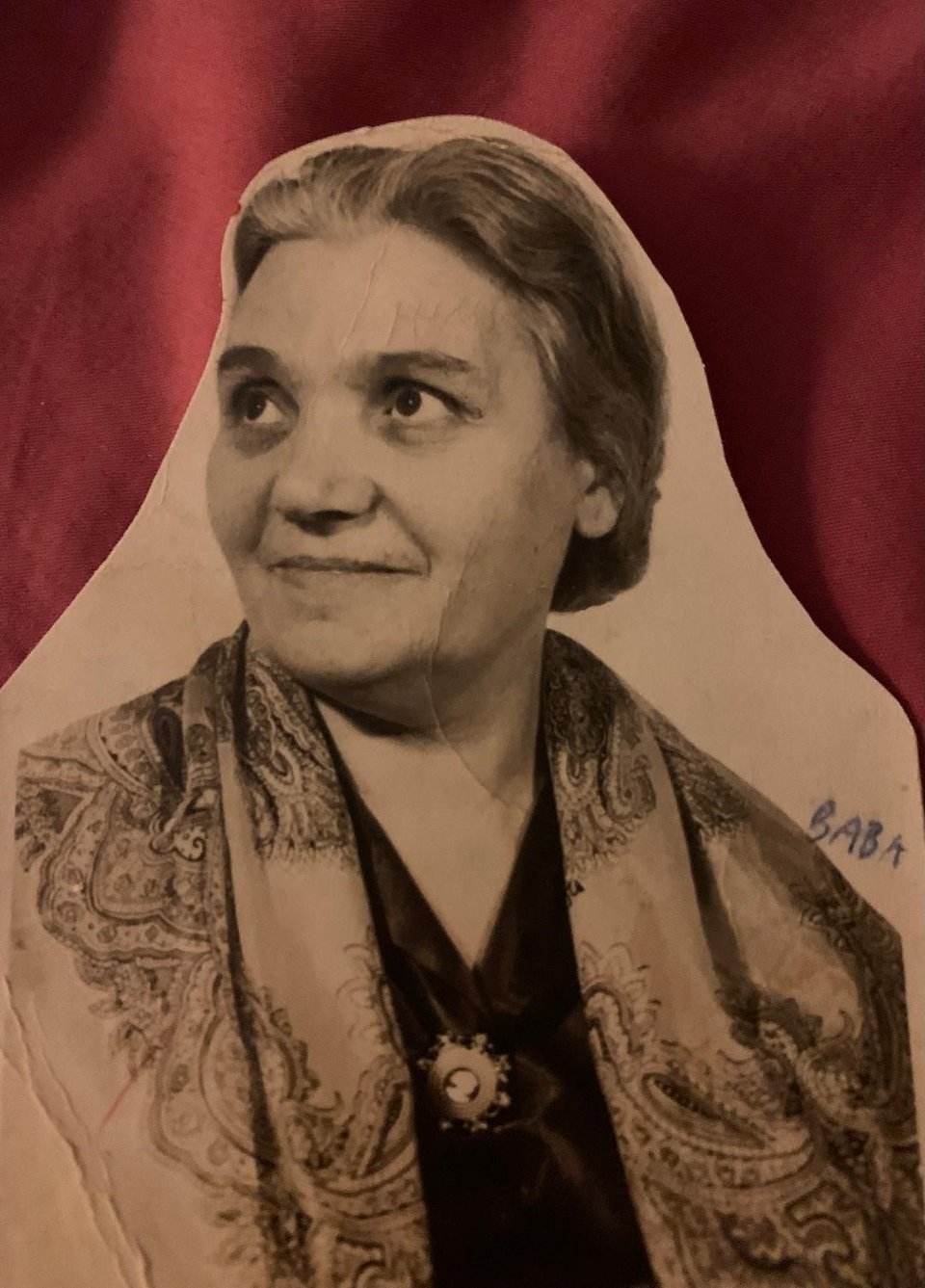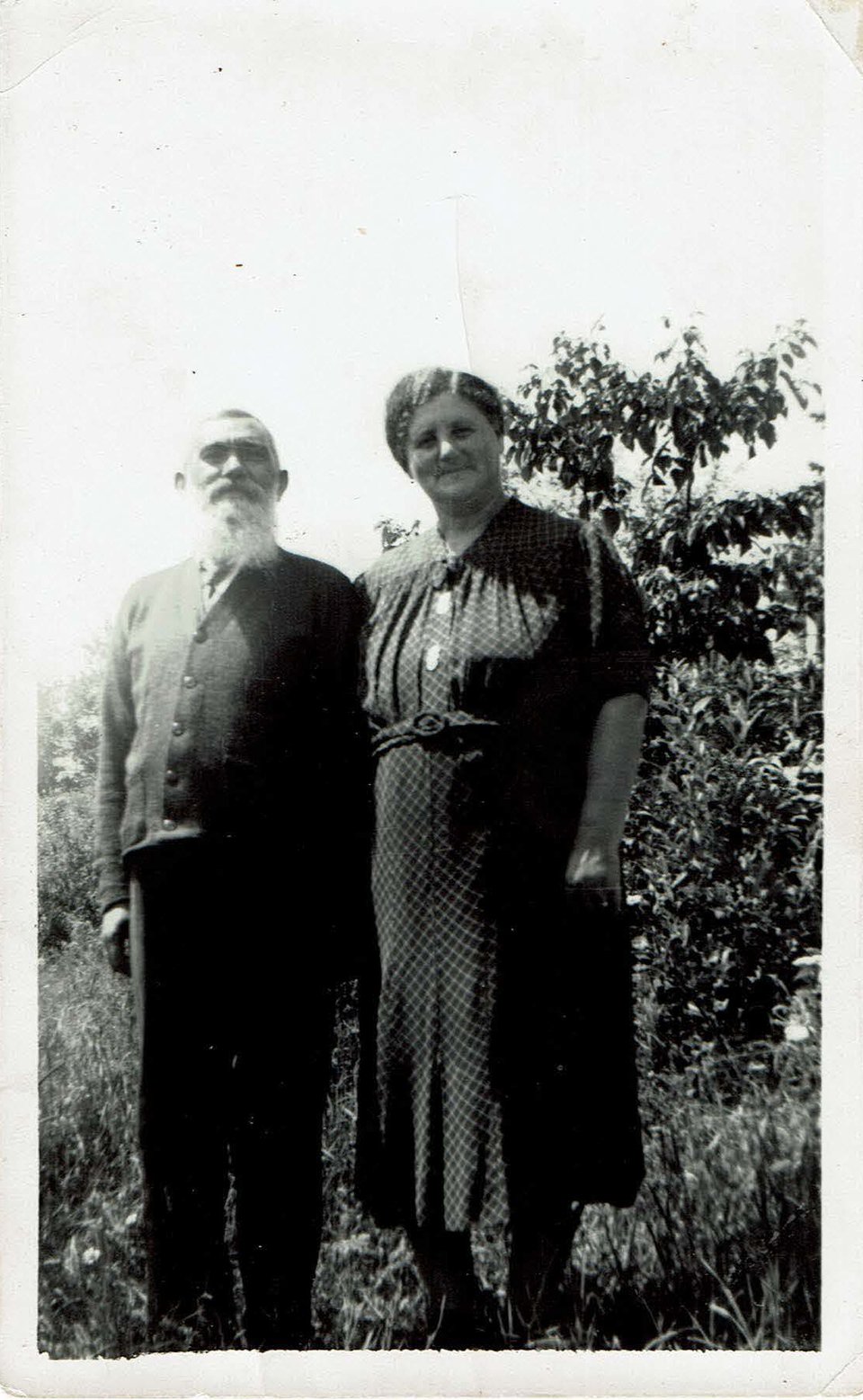The Crime Lady: Family Histories
Or, what I did on my winter vacation

Dear TCL Readers,
It’s 2025. Already this new year is eventful, chaotic, unpredictable, and when that is the background, it’s even more crucial to carve out space for what really matters and what gives you pleasure. Which is why I want to talk about how I spent most of the last month of 2024.
Sure, there were book edits on Without Consent, and I began working with my fact-checker, a particularly intense and immersive experience. (Already she’s saved me from some extremely embarrassing errors!) But December was more about other important facets of my life relating to music, Yiddishkeit, and family.
First, I ended up singing in two of the city’s biggest venues for classical music concerts: Carnegie Hall (with my choir) and Lincoln Center’s David Geffen Hall, the latter as part of the annual Messiah Sing-in on December 17. If you are a choir nerd like me, this event is a must. I’d never done it before, but was feeling kind of low and burned-out after working myself to the bone over the fall, and singing this incomparable oratorio with hundreds of people was the ultimate mood-lifter.
Apparently one of the paper’s classical music critics was also in attendance and wrote this wonderful piece about it and other recent Messiah performances. (I also recommend Charles King’s Every Valley, a neat cultural history of Handel’s masterpiece and the world in which it was birthed.) I know I’ll be doing it again next year; hopefully I’ll learn some of the lesser-known choruses a little better!
**
For the past seven Decembers I’ve gone to Yiddish New York, a six-day-conference and festival devoted to the language, the practice, and the arts & culture. It’s mostly an excuse to hang out with friends and collectively marinate in workshops, lectures, films, and concerts every lunchtime and evenings. This year I was on faculty, set to give a lecture on a Montreal-based Yiddish writer named Bryna Bercovitch (1894-1956) who also happened to be my great-great aunt.
I didn’t know her, of course, born more than two decades after her death. But my mother did, and I would hear some stories. There was also a limited edition biography of Bryna’s husband, the artist Alexander Bercovitch, that I read several times before I moved away for college. And a few years ago it occurred to me to look more closely at Bryna’s writings, approximately 100 pieces in all between 1945 and her death that were published in Keneder Adler (Canadian Eagle) Montreal’s daily Yiddish newspaper.
I’m not great at reading Yiddish, though I understand it fluently and speak it reasonably well. I relied on translations of her work by two of her children, the painter Sylvia Ary and Harvard English professor Sacvan Bercovitch, which were part of his archives at Duke University. A scant few had been published in a 2005 issue of Pakn Treger, the Yiddish Book Center’s quarterly magazine, and another piece was anthologized in Rhea Tregebov’s Arguing with the Storm: Stories by Yiddish Women Writers (2007), but have otherwise never been circulated.
To my surprise and delight, Bryna’s voice, even mediated through translation, was a wonderfully ecstatic, evocative one, particularly when she wrote about her childhood in Kherson, Ukraine, about Yiddish poetry & literature (there’s a near-rapturous long essay about Satan in Goray by Isaac Bashevis Singer, whom she knew), and about her family, which was also my own.

Bryna Avrutick — she wouldn’t marry Bercovitch until 1926, a year after their second child, Ninel (yes, Lenin spelled backwards; Sacvan is a portmanteau of Sacco & Vanzetti) was born, because unwed couples couldn’t immigrate to Canada — was the youngest child of a rabbi who became radicalized by poverty and poor working conditions and eventually served in the Red Army, wounded at the Polish front. She lived out her ideological leanings until disillusionment became too much to overcome, permanently so by the mid-1930s. She didn’t believe in God, Communism didn’t love her back, her marriage was forever tumultuous and left permanent scars on her children. But she found solace in the arts, and in her family.
Solace was bittersweet. Most of Bryna’s older siblings and their families, including Yankel (the anarchist blacksmith), my great-grandfather Fishel (the most religiously devoted, eventually a shoykhet or ritual slaughterer), and Nachman (the Yiddish teacher and family peacemaker), made it to Montreal. Still another brother, Saul, put down roots in New York City. But two elder sisters, Reshl and Zisl, stayed in the old country, marrying and moving far away, their whereabouts still unknown today, but assumed to have perished in the Holocaust.
Bryna wrote about them all, and about herself, with heightened cadences that seem to hearken back to the religious teachings she would later reject, but never shake off. During my lecture, I read an excerpt of her 1947 essay “Brothers”, in which Bryna describes an argument between Fishel and Yankel, a regular occurrence:
Every time they get together they get into a battle of principles about one subject or another, and then they regret having done it. One worries about the other's health – neither is very strong. Each one thinks: why did I have to anger him? It is so harmful for him to get excited, and what is it for? We're so happy to see each other, why not spend a couple hours peacefully? Friendly, brotherly! I won't ever allow this to happen again, never.
But now again they argue over a painful subject. Reb Fishel's good, hospitable wife [Sosel] has long put out good things on the table, has already twice taken away the cold tea, and poured out more hot tea, each time with courtesy and warm-heartedness, trying to cool off the heated talk between her husband and her brother-in-law.
“Please, eat something, enough arguing, you're always fighting as if you were the worst enemies.”
“Enemies? God forbid!” Both brothers smile and look at each other with love. “We're not fighting. Come on – fighting? We're just discussing...”
Just when the argument grows particularly heated, Nachman shows up. “‘They're arguing again! Thank God you're here,’” Sosel whispers to him. She knows that he is the peace-maker between those two. The mediator, the creator of true good-fellowship.” He defuses the situation with a well-timed joke. Everyone laughs, and there is more tea to drink.

The Q&A afterwards proved to be especially moving. The lecture was hybrid, so a number of people attended on Zoom — including my mother, Judith, who spoke about knowing Bryna as a child, and Bryna’s eldest granddaughter Raquel Ary Derozza. A professor emeritus at Mount Holyoke who had been Sacvan Bercovitch’s protege attended in person and told me afterwards how much he had learned about Bryna from my talk.
The last piece I read from was a letter from Raquel’s mother, Sylvia, to the Yiddish poet Melekh Ravitch — a frequent recipient of Bryna’s letters — and his wife, Rokhl, to let them know Bryna had died. In the midst of relating who had shown up for the funeral (and some disappointments) Sylvia tells them: “About publishing a book I must think about it and get some advice.”
Sylvia never did. The closest anyone came to writing a book about Bryna was Robert Adams, who prepared a book proposal in the late 1980s that never went anywhere (it was a very useful source for my lecture, however.) Nearly seventy years after her death, the timing does feel right to collect Bryna Bercovitch’s writings into a single volume, and I’d love to make this happen.
**
I’ve decided to make 2025 a year of recalibration. It doesn’t seem helpful to try to anticipate what may occur, even if there will be shocks and surprises along the way. Frankly, I’ll need all the energy I can muster not only to move through the world, but to be ready to talk about Without Consent and its unfortunately topical history. But recalibration also allows for new opportunities and experiences, and I’m looking forward to speaking more about them when I’m able (there is at least one artists’ residency in the offing, which I’m extremely excited about.)
I’ve always viewed the genre of crime, fiction and nonfiction, in the most expansive possible way, and it also seems time to apply this to myself and my own work. How do I continue to push myself? Or does pulling back actually allow for more growth? These are big questions, but there’s no time like now to ask them.
Until next time, I remain,
The Crime Lady